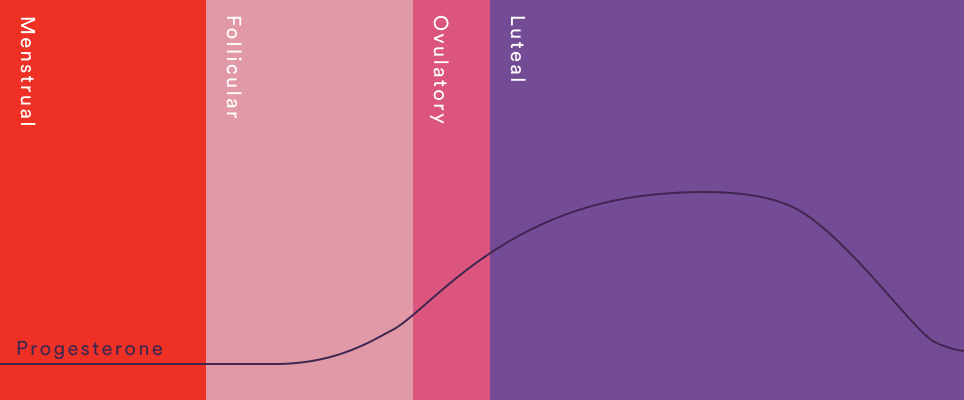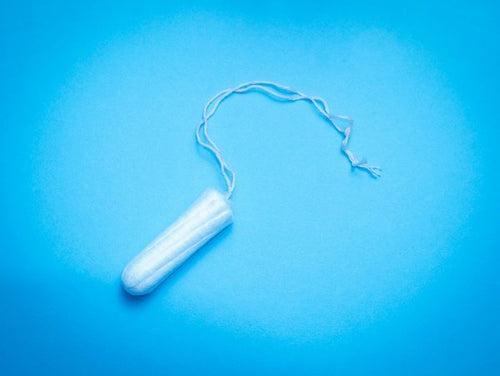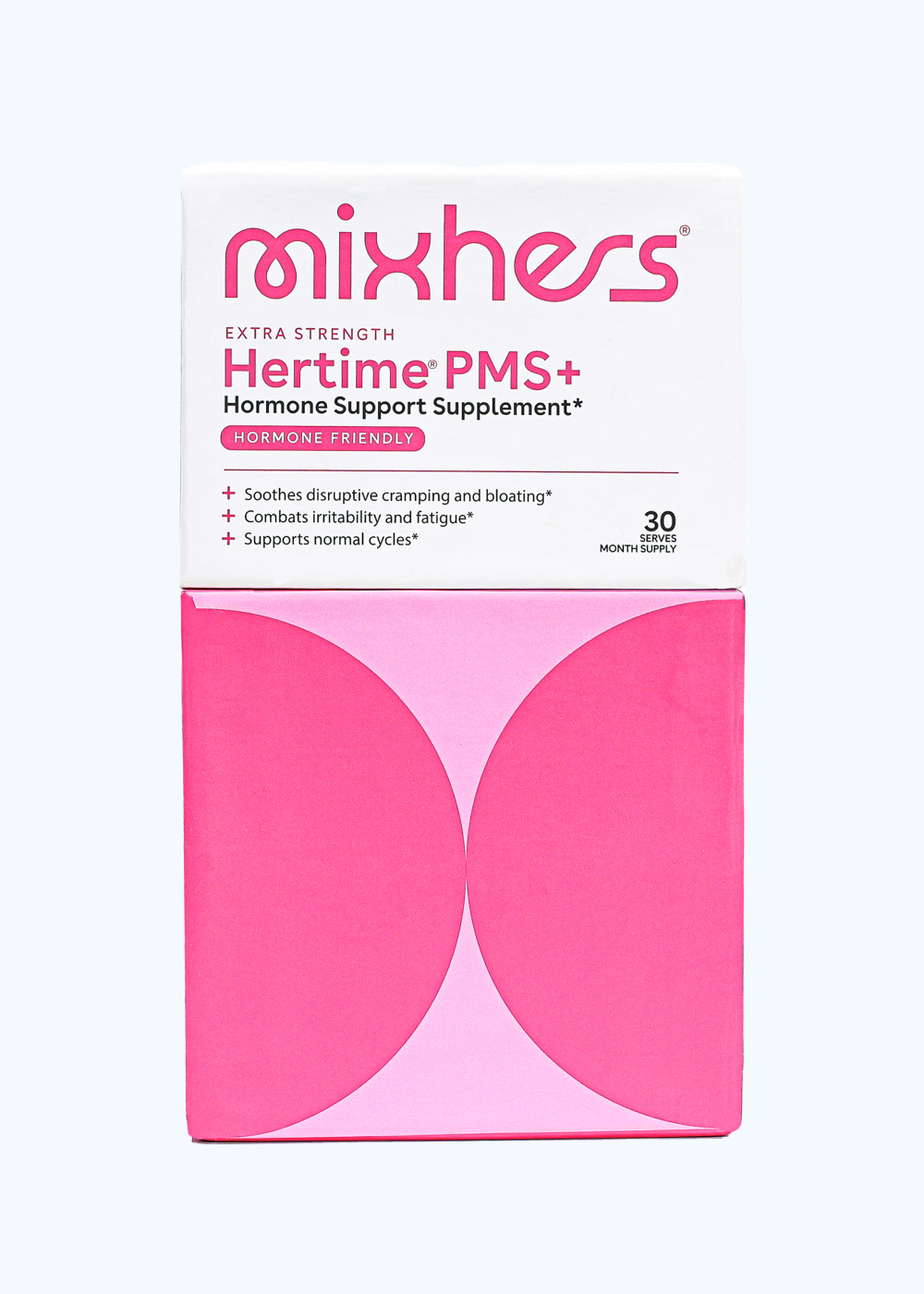Progesterone is one of the most important hormones in the female body. Along with estrogen, progesterone helps prepare our body to either become pregnant or shed the uterine lining every month. It plays a role in every stage of the female fertility cycle. Knowing low progesterone symptoms can help you understand your body better.
Progesterone is a steroid sex hormone secreted by the corpus luteum (a temporary endocrine gland that develops after ovulation). Progesterone levels can vary depending on where we are at in our cycle. Right after ovulation (during the luteal phase of our menstrual cycle), our progesterone level skyrockets to help get our body ready for the potential implantation of a fertilized egg. Increased progesterone causes changes to our uterus, making it a more hospitable place for a fetus to develop.
But if there is no fertilized egg to take care of, our body recognizes that there's no need to hold onto the lush, nourishing uterine lining it just developed. So progesterone levels decline and we enter the "period" portion of our menstrual cycle. Our body goes through this process every single month during our fertile years.
Of course, it's possible for things to go wrong at times with our hormone production. Some of us produce too little or too much progesterone. Low progesterone symptoms could lead to infertility and other common issues. It's also normal for progesterone levels to drop during menopause when the body undergoes changes that make pregnancy (without medical intervention) impossible.
Whether you're concerned you may have a progesterone deficiency, or you just want to learn more about how your amazing body works, here are a few things every woman should understand about progesterone and how it affects us all.












